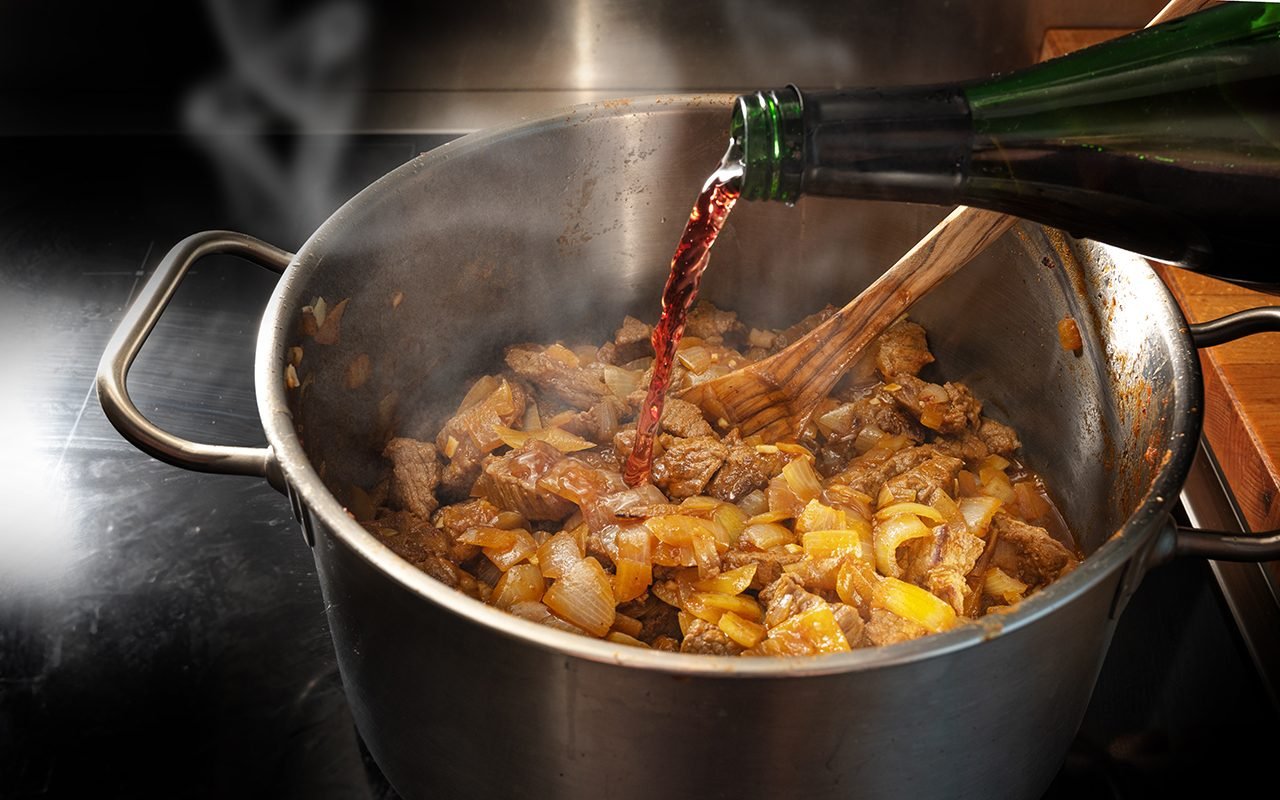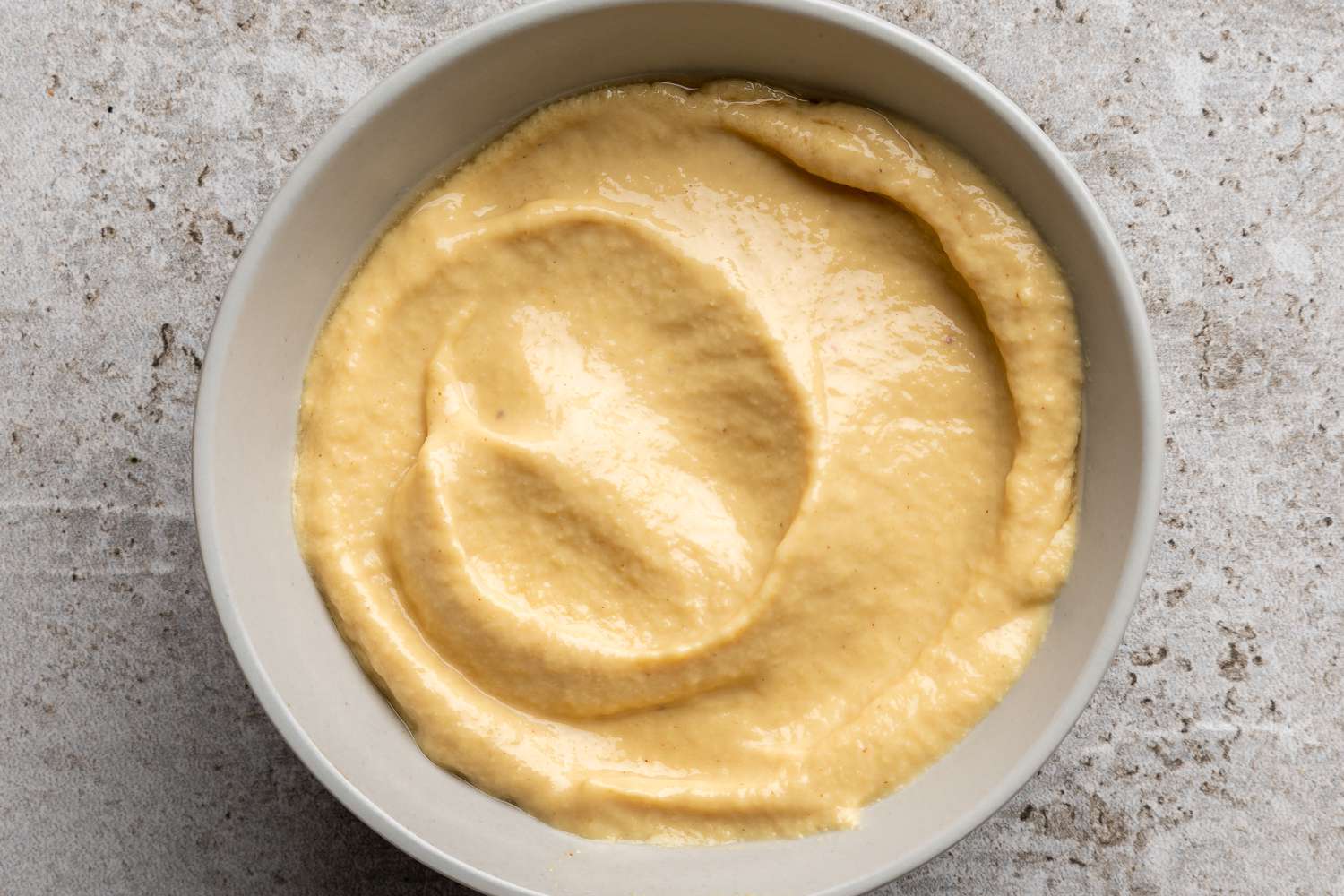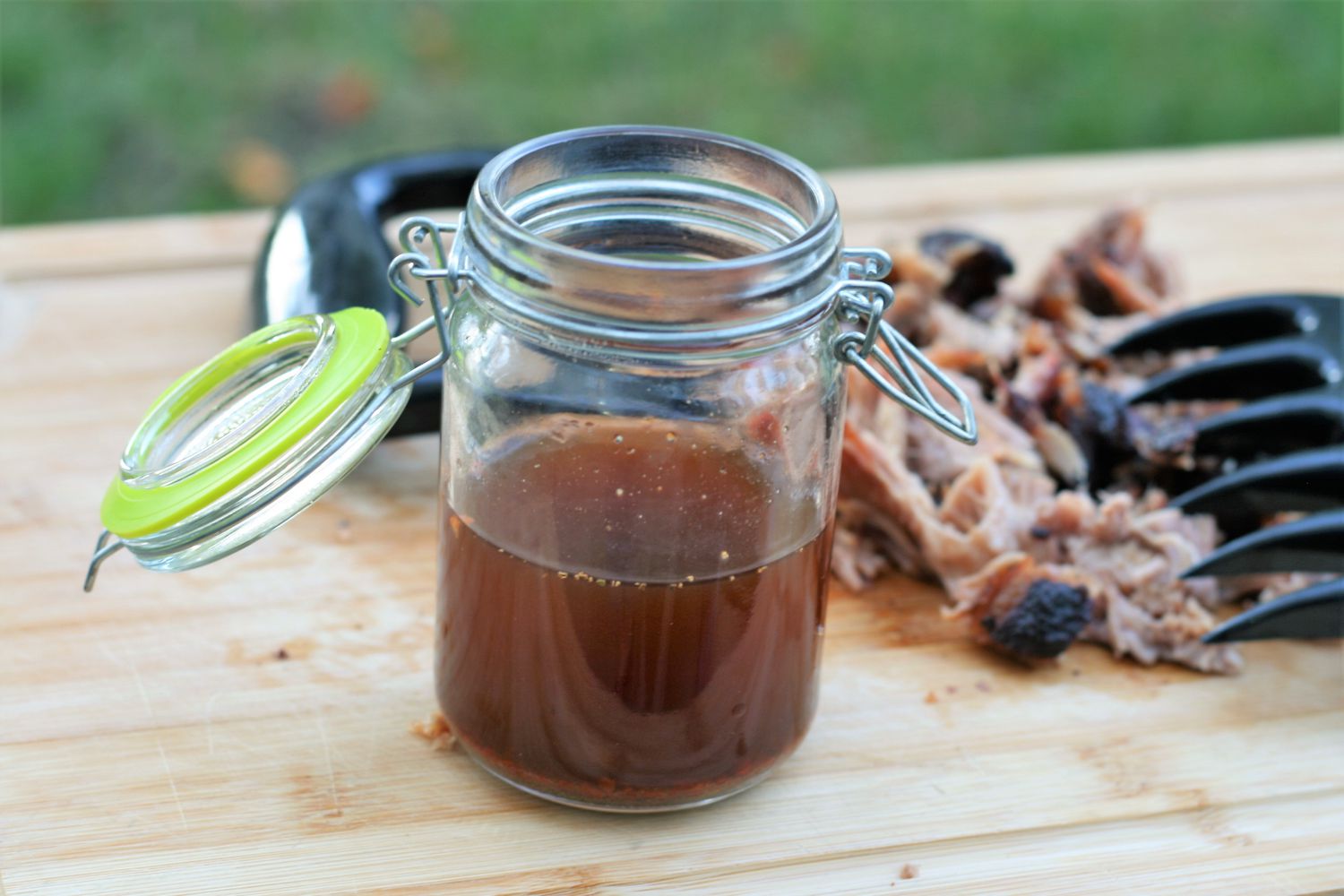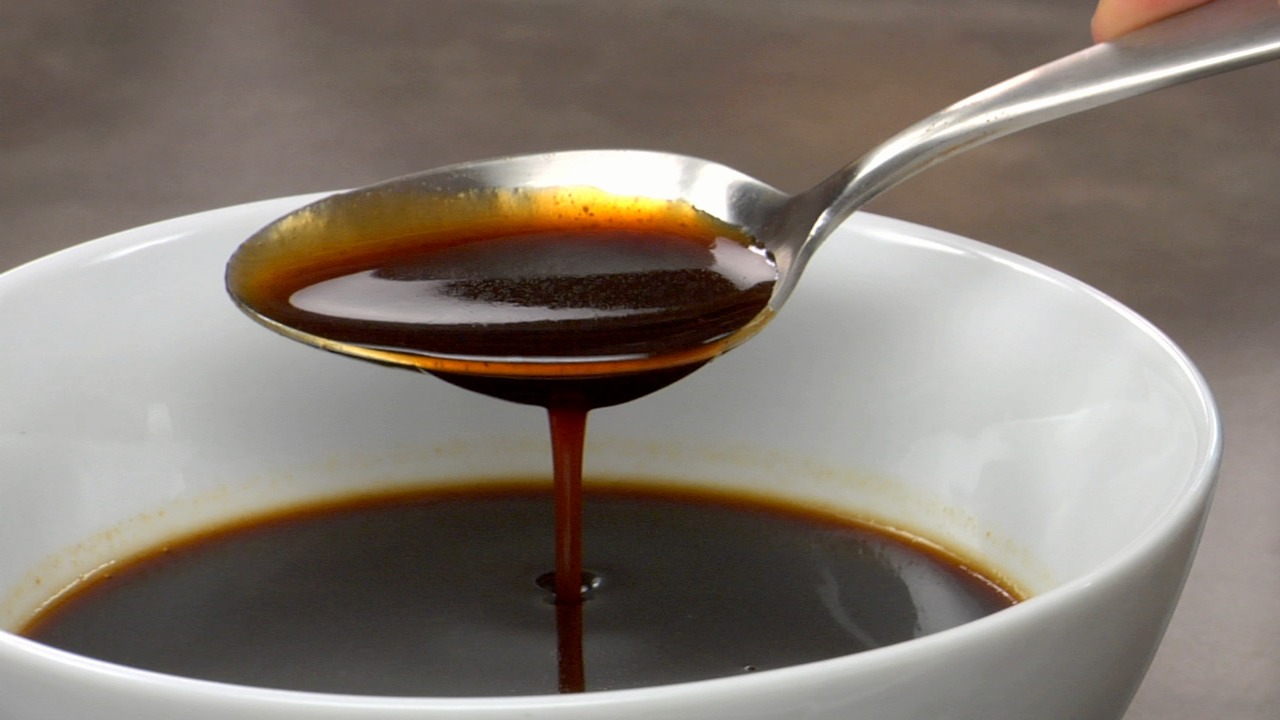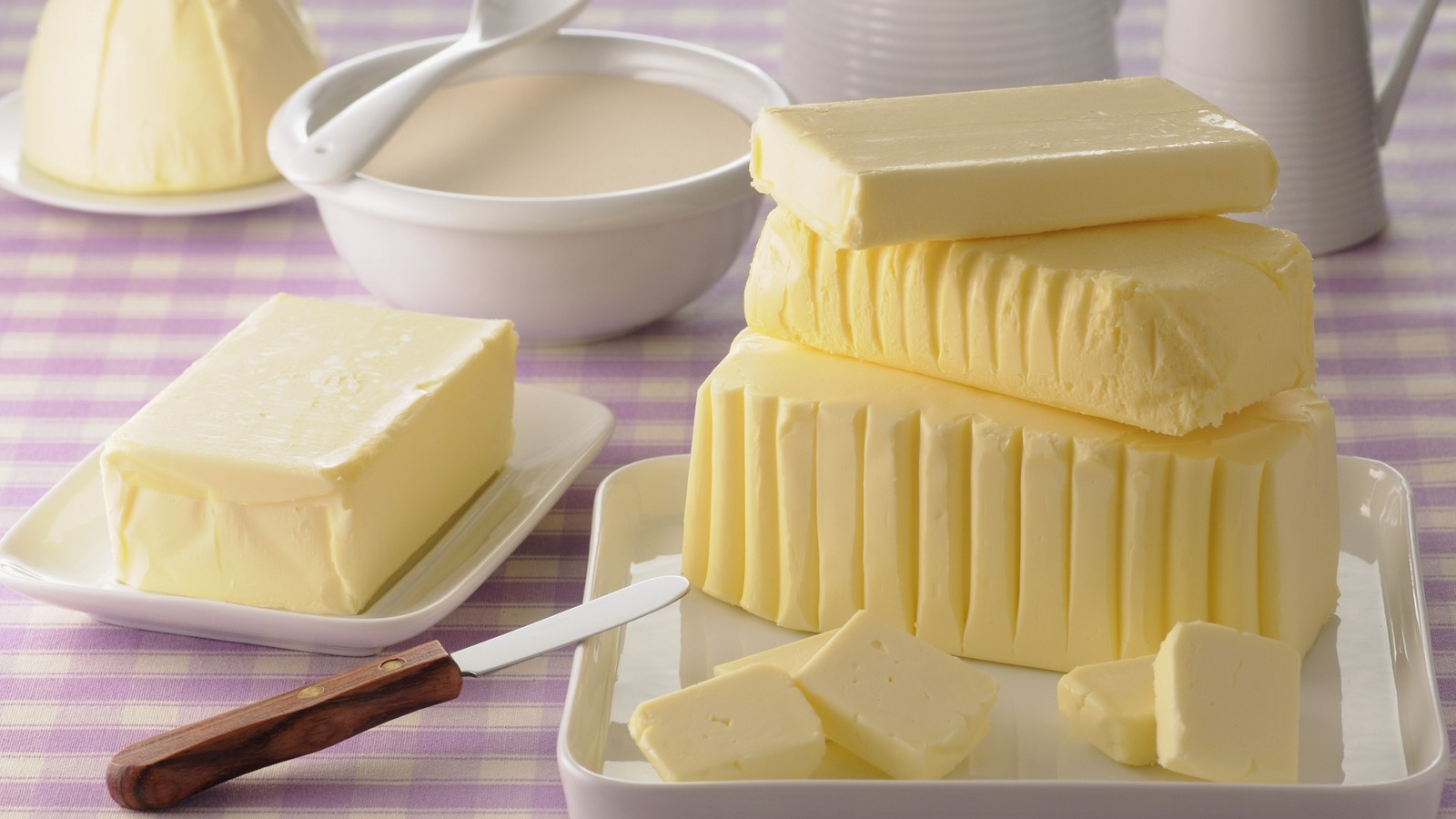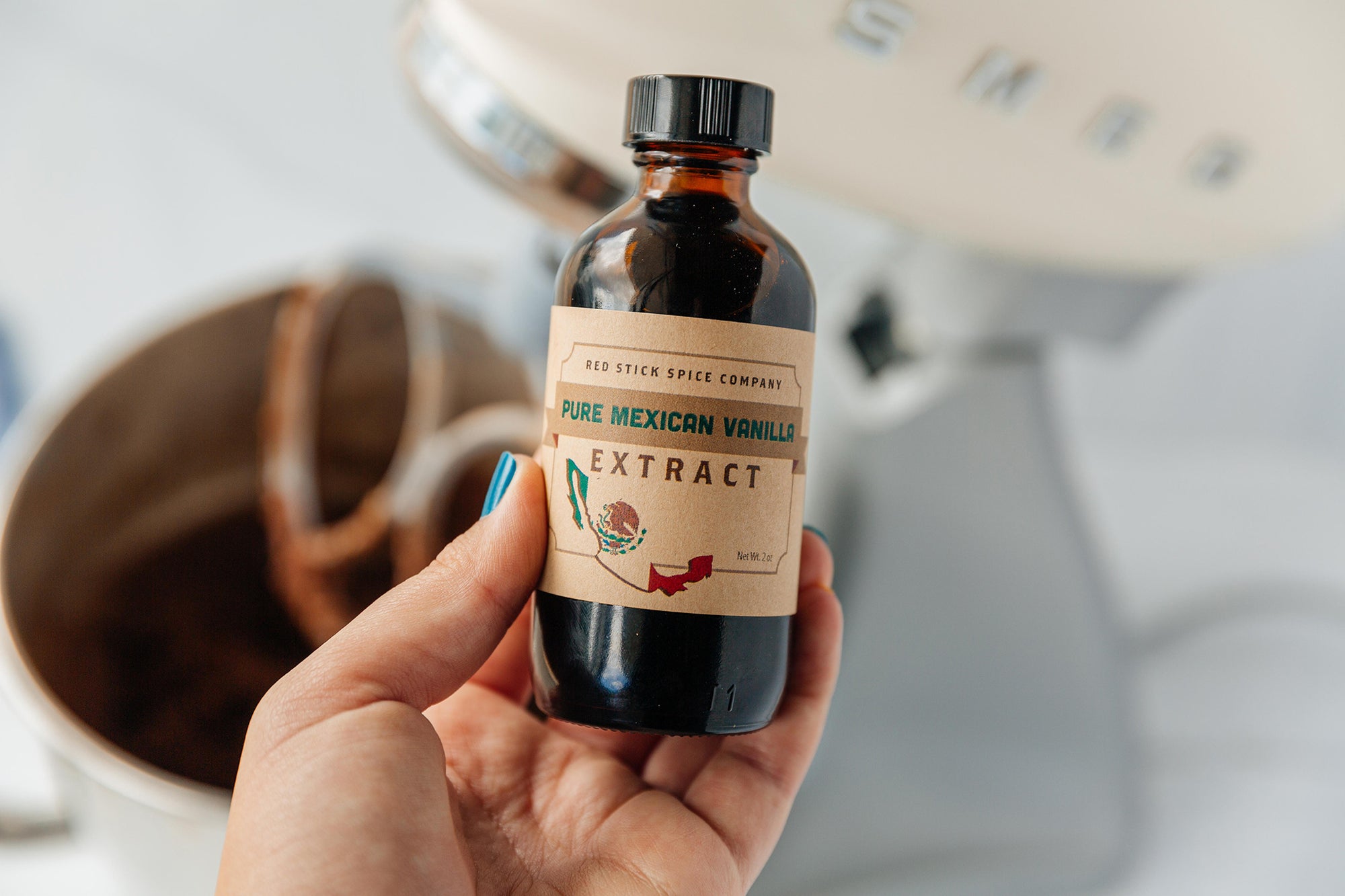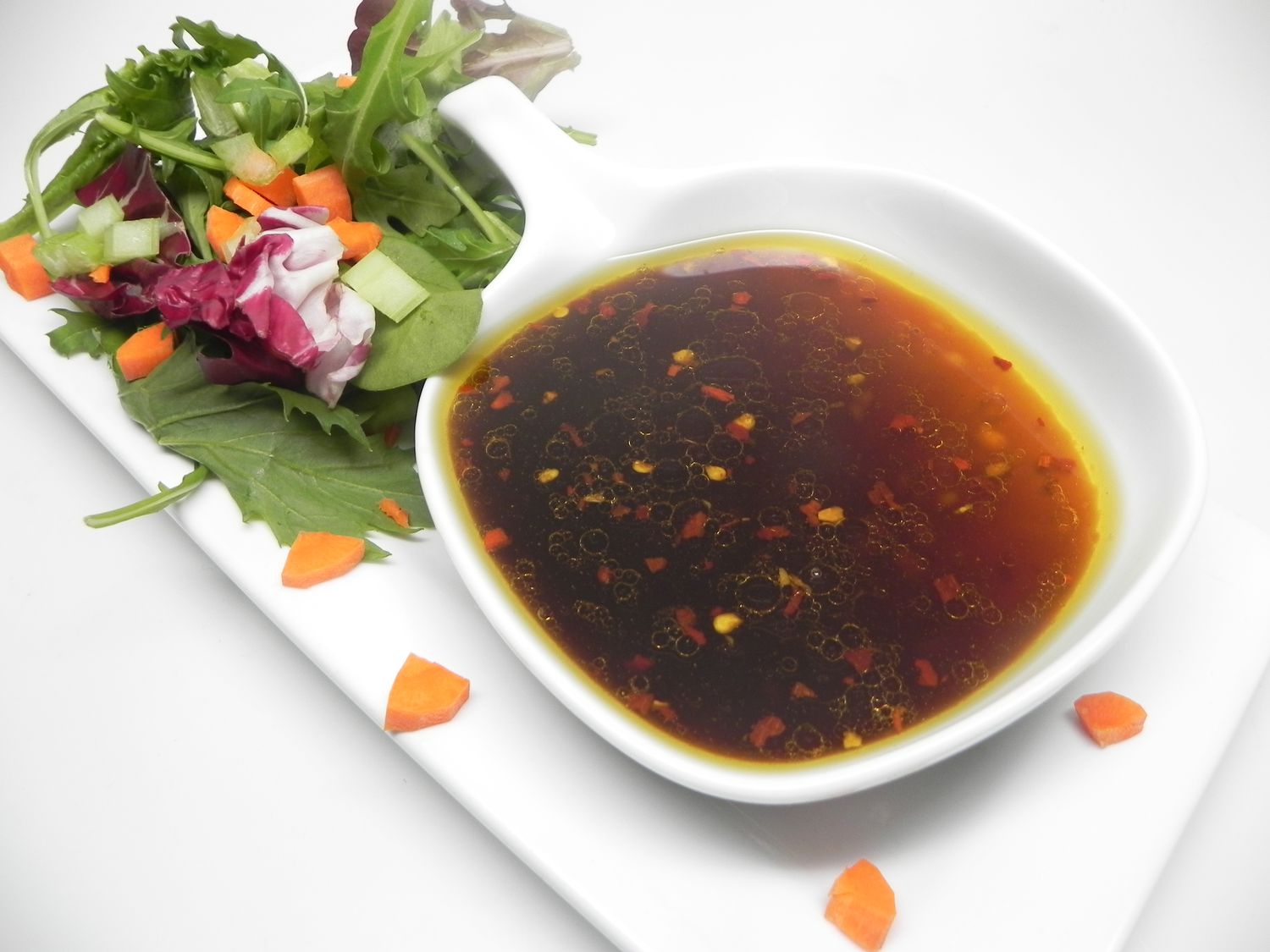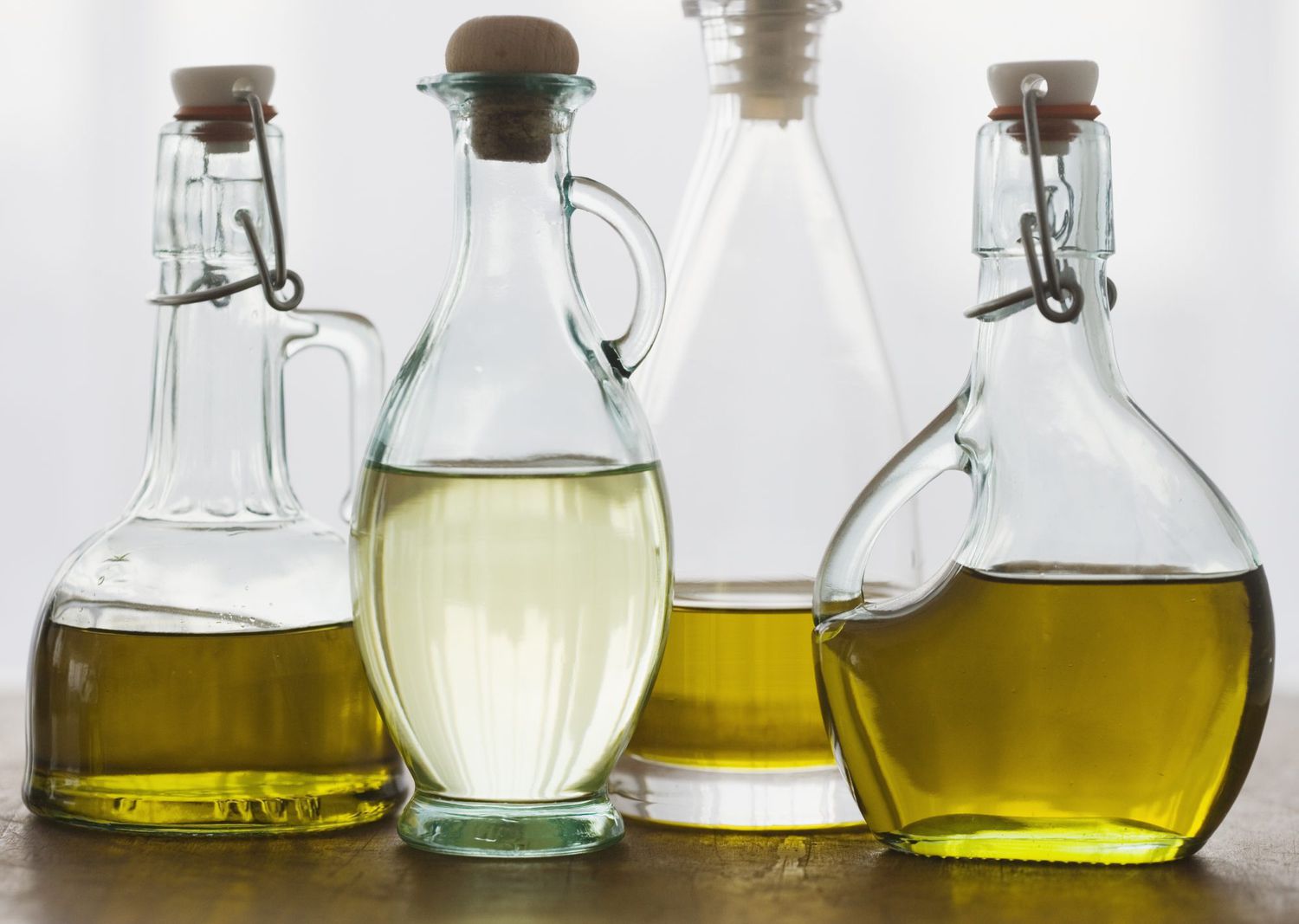The Difference Between Cooking Wine and Regular Wine
When it comes to preparing a delicious meal, the type of wine you use can make all the difference. But what sets cooking wine apart from regular wine? Let’s dive into the nuances and discover how these two types of wine differ.
1. Purpose
The first and most obvious difference between cooking wine and regular wine is their purpose. Regular wine is primarily consumed for its flavor and aroma, while cooking wine is specifically designed to enhance the taste of dishes during the cooking process.
2. Alcohol Content
Cooking wine generally has a higher salt content and a lower alcohol content compared to regular wine. The lower alcohol content allows for a longer cooking time without the fear of overpowering the dish with an unpleasant alcohol taste.
3. Salt and Additives
Cooking wine often contains added salt and other additives, which help to enhance the flavors of the dish. Regular wine, on the other hand, usually does not have any additional ingredients.
4. Quality
Regular wine is typically of higher quality compared to cooking wine. Regular wines are carefully crafted and aged to develop complex flavors, while cooking wine is usually made from lower quality grapes and processed to be more shelf-stable.
5. Flavor Profiles
Cooking wine tends to have a simpler flavor profile, while regular wine showcases a wide range of flavors and nuances. Regular wine offers a variety of options, such as red, white, or rosé, each with its own unique taste and characteristics.
6. Cooking Techniques
Regular wine is often used in recipes that call for deglazing, marinating, or creating a rich sauce. Cooking wine, on the other hand, is perfect for braising, simmering, and adding flavor to stews and soups.
7. Availability
Regular wine is widely available at liquor stores, wineries, and supermarkets, while cooking wine can be found in the cooking aisle of most grocery stores. However, it’s important to note that some recipes specifically call for cooking wine, so it’s worth having a bottle in your pantry.
8. Health Considerations
Regular wine is often enjoyed in moderation for its potential health benefits, thanks to its antioxidant content. Cooking wine, on the other hand, due to its higher salt and preservative content, may not have the same health benefits and should be used sparingly.
In Conclusion
While cooking wine and regular wine may look similar, they serve different purposes in the kitchen. Cooking wine is specifically formulated to enhance dishes during the cooking process, while regular wine is meant for sipping and savoring. Understanding the differences between the two will help you choose the right wine for your culinary adventures.
So, next time you’re in the kitchen, grab a bottle of cooking wine or regular wine depending on the desired outcome of your dish. Cheers to delicious cooking!
